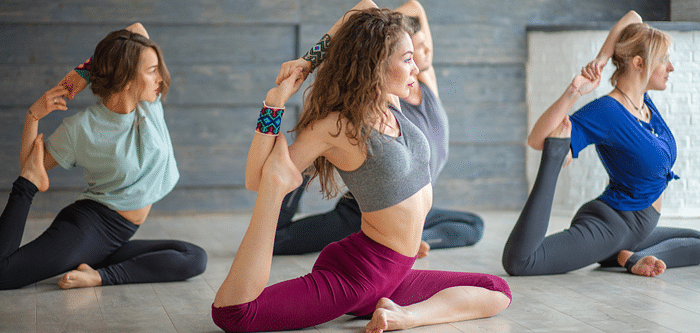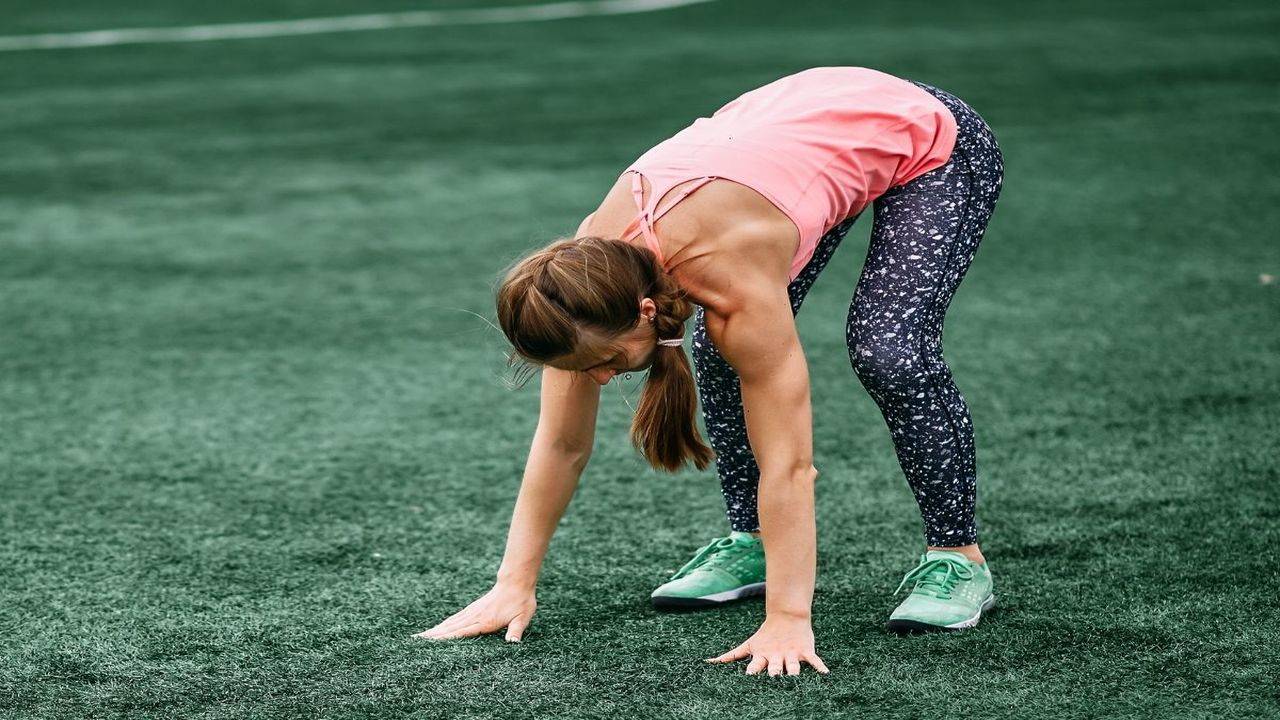If you’ve ever scrolled through fitness posts online, you’ve probably seen the debate: Can you really be fat and fit at the same time? Some people say “no way—being fit means being lean.” Others argue you can be healthy, strong, and active even if you carry extra weight. So, who’s right?
To get to the bottom of this, I looked at what real experts say, what research shows, and how our ideas about body size and fitness are changing. Let’s break it down—no judgment, just facts.
First, What Do We Even Mean By “Fat And Fit”?
The word “fat” has been thrown around like an insult for ages. But for this, think of “fat” as simply carrying a higher body fat percentage or having a BMI that puts you in the “overweight” or “obese” category. That’s it—no moral label, just a measurement.
“Fit” usually means having good cardiovascular health, strong muscles, flexible joints, decent stamina, and being able to do daily activities without feeling wiped out.
So, the big question is: Can you have extra body fat but still have a healthy heart, good endurance, and strong muscles?
Turns Out, The Answer Is: Sometimes, Yes
There’s actually a lot of research on this. It even has a name: Metabolically Healthy Obesity (MHO). People in this group have a higher BMI but don’t show the usual signs of poor health like high blood pressure, high blood sugar, or high cholesterol.
A lot of studies back this up. For example, research in the European Heart Journal found that some people with higher body fat had normal blood sugar, good cholesterol, and low blood pressure—sometimes better than “normal-weight” people who don’t exercise.
So How Does That Work?
It mostly comes down to lifestyle. If you move your body regularly—walk, lift weights, swim, dance—you train your heart and muscles to be strong and efficient. That can offset some risks that come with extra body fat.
Your genes play a role too. Some people naturally store fat differently or handle extra weight in ways that don’t stress their organs as much.
But Here’s The Catch
Before you breathe a sigh of relief and toss your sneakers, there’s a twist: being “fat and fit” doesn’t mean there’s no risk at all.
Studies also show that people with higher body fat and high fitness levels usually have better health than those with extra weight and no activity—but they may still have a slightly higher risk of heart disease than someone who’s lean and fit.
So, fitness can cancel out a lot of risk, but not always all of it.
How Fitness Protects You
Let’s get clear about what makes you “fit.” It’s not about doing backflips at the gym or running marathons. It’s about having:
- Good cardio fitness: Your heart and lungs work well when you climb stairs or go for a jog.
- Muscular strength: Your muscles support your joints, bones, and daily tasks.
- Mobility and balance: You can move freely and avoid falls or injuries.
- Healthy numbers: Your blood pressure, cholesterol, and blood sugar stay in check.
Daily movement does wonders for these, even if you’re not shedding lots of pounds. A brisk walk, a dance class, lifting some weights at home—it all counts.
What The Experts Say
I asked Dr. Meera Shah, an endocrinologist who works with patients of all sizes. She put it simply: “Weight is just one piece of the puzzle. I see patients who are in bigger bodies who move daily, eat balanced meals, and have healthy labs. I also see people who are thin but have high cholesterol and never exercise. It’s not just about the scale.”
She adds, “The bigger danger is thinking that thin equals healthy—because that’s not always true.”
So Should You Ignore Weight Completely?
Not quite. While fitness matters a ton, body fat does have an impact, especially long-term.
Too much fat around your belly, for example, is linked to higher inflammation in the body. That can raise the risk of diabetes or heart disease later. So even if you feel good now, it’s smart to stay on top of checkups.
The goal shouldn’t be to obsess over a perfect number on the scale. Instead, focus on:
- Keeping your body strong and moving well
- Eating foods that nourish you and keep your energy up
- Getting good sleep
- Watching out for stress, which can mess with health at any size
If you’re in a bigger body and feel healthy—great. Just keep those healthy habits going.
Real Talk: Fitness Comes In All Sizes
If you need proof that size doesn’t limit fitness, look at athletes in sports like powerlifting, sumo wrestling, or shot put. Many have bigger bodies and are incredibly strong and agile.
Even outside pro sports, there are plenty of everyday people doing triathlons, lifting heavy, or hiking mountains at sizes that some might call “overweight.”
So don’t let body shaming or old-school diet talk tell you you can’t be active, strong, and fit right now.
How To Be Fit, Whatever Your Size
If you want to stay healthy or get fitter at any size, here are some tips that actually work:
- Move in ways you enjoy. Walk, swim, dance, cycle—whatever keeps you going back for more.
- Lift weights. Strength training helps keep muscles strong and joints healthy. Plus, more muscle means a faster metabolism.
- Focus on consistency, not perfection. A 20-minute walk every day beats a killer gym session you never repeat.
- Don’t skip check-ups. Even if you feel great, watch your blood pressure, cholesterol, and sugar.
- Eat balanced meals. No need to cut everything out. Think veggies, lean protein, healthy fats.
- Sleep well and manage stress. These two can wreck your health faster than the scale can fix it.
Bottom Line
So, can you be fat and fit? Yes—if you move, eat well, keep your numbers healthy, and feel good in your body. Fitness isn’t defined by size alone. It’s what your body can do and how well it keeps you feeling strong for life.
The scale is just one measure—your daily habits matter a lot more. So, if you’re in a bigger body and hitting your steps, lifting those weights, and fueling up right, you’re on the right track. Keep going—you’re doing more for your health than you might think.
Remember, healthy doesn’t have a size. It has a heartbeat, sweat, and a body that feels alive when you use it. So tie your shoes, get moving, and show the world that fitness really does come in all shapes and sizes.










